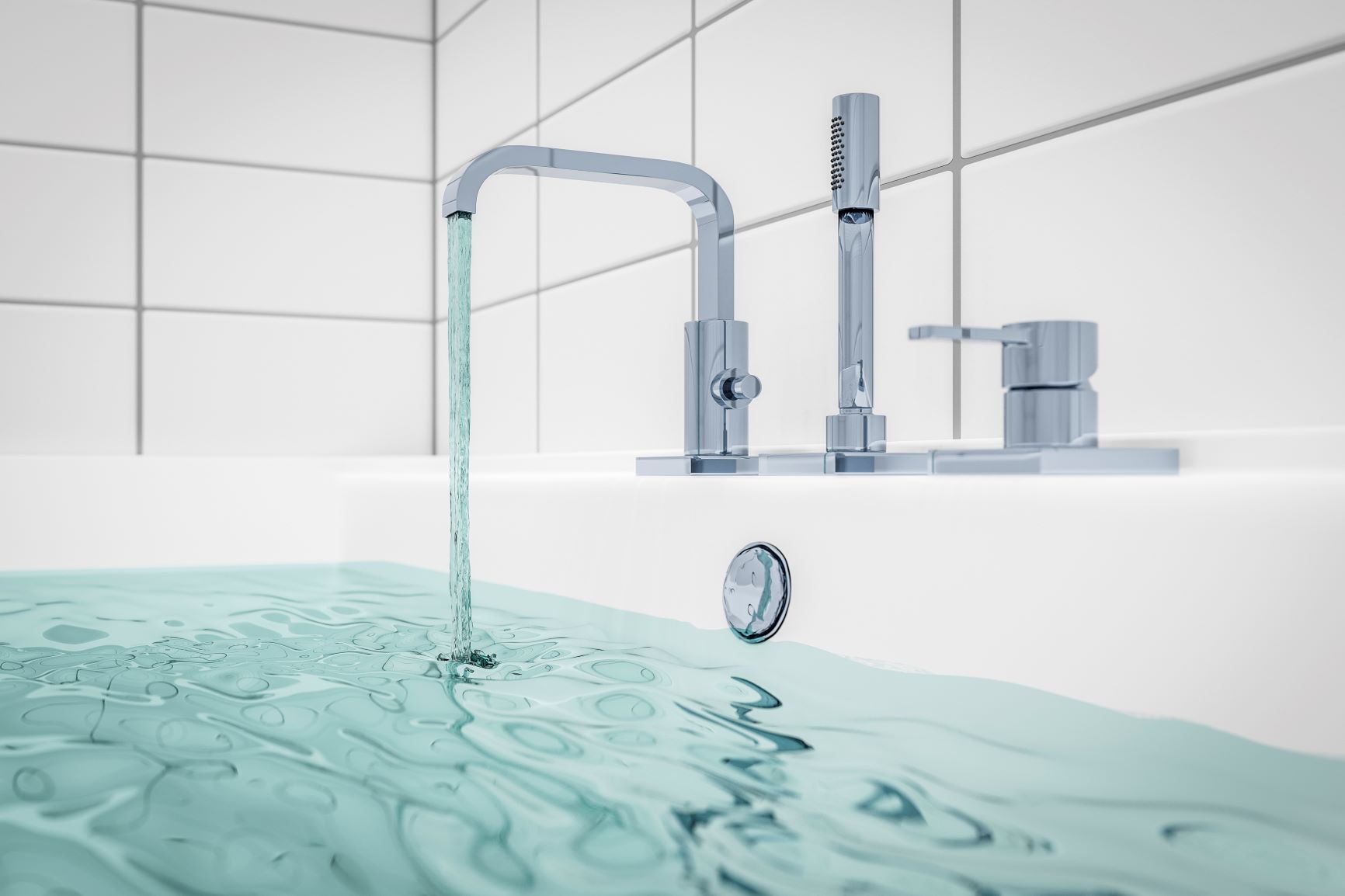People have septic systems for all kinds of different reasons. For some people, they are a matter of necessity. If you live too far away from the sewage treatment plant, then a septic system is the solution. Other people prefer septic systems because these systems add nutrients to the soil naturally. All of the waste that is funneled into a septic system is separated and the nutrients and organic matter are slowly released into the soil of the so-called “release field.”
These nutrients help create some of the best soil going. Whatever the reason a home has a septic system, however, one thing holds true. If you do not maintain your system properly, you could face a huge repair bill. Failed septic systems can cause an extraordinary amount of damage to property, and a system failure definitely is not going to win you any friends with the neighbors, either. Here is what you need to know about septic system maintenance so you can avoid the problems and keep your costs down.
The first stage of septic system maintenance happens every day. You have to use the system properly in the first place to prevent any major disasters. One of the biggest things homeowners do wrong for a septic system is pouring used cooking oil down the drain. Doing this even on time can clog your septic system.
You should always dispose of cooking oil in a container and put it in your trash. Cleaning products are another septic system buster. Bleach, antibacterial kitchen spray, window cleaner, and so on – all of these products can wreak havoc on your septic system. It is unavoidable that some of these products will find their way down your drains, but do not pour bottles of the stuff down there. If you need to dispose of old cleaning fluids, simply toss the bottle with the liquid in it in your trash.
Make sure the toilet paper you choose says that it is compatible with septic systems – the chemicals in your septic system must be able to break down the paper or it will clog. If your toilet or drains clog inside your home, make sure any drain-clearing products you choose are compatible with septic systems. Many are not, and the wrong product will eat through your pipes.
Using your system properly day in and day out is not enough. Every septic system needs to be professionally maintained as well. A maintenance crew needs to come out, clear your sludge and scum out of your tank and make sure the pipes and pumps associated with the system are in working order and not leaking.
With normal use, your septic system will need professional cleaning every two years.
![]()

